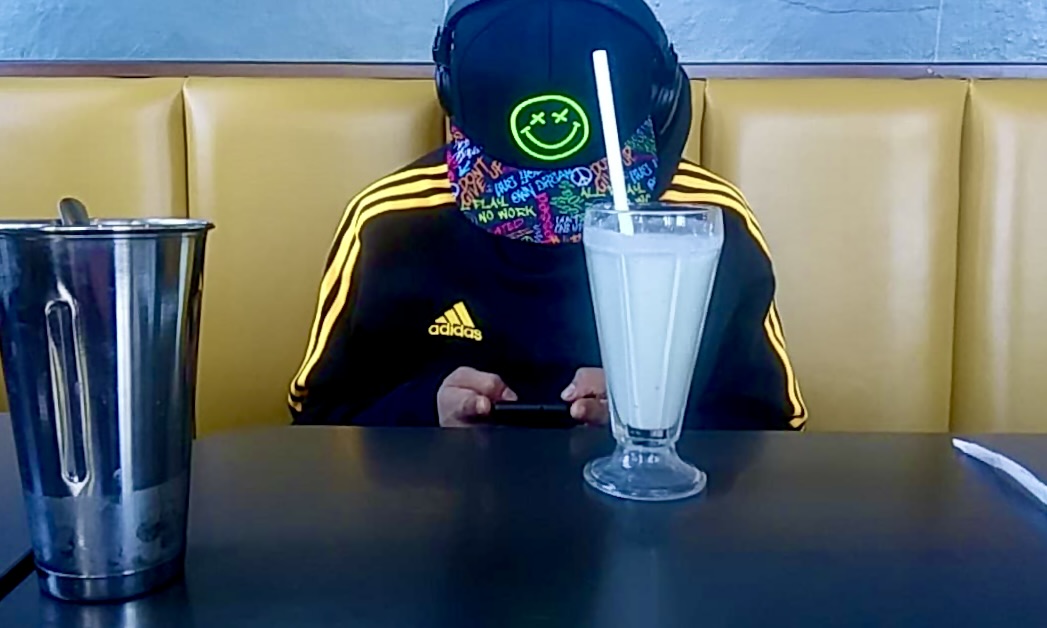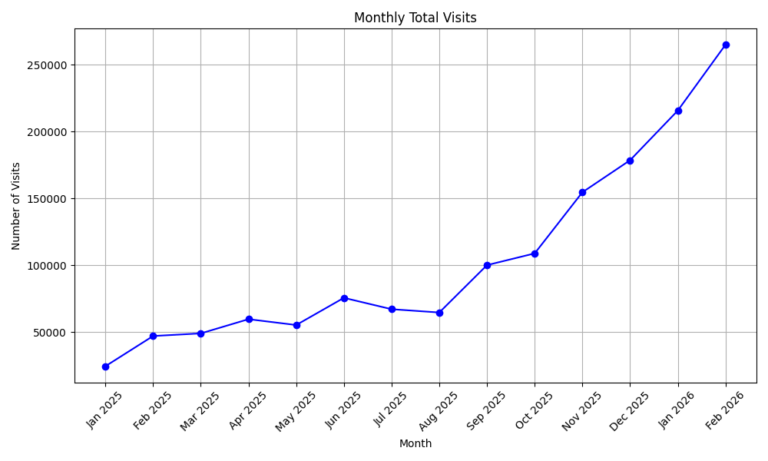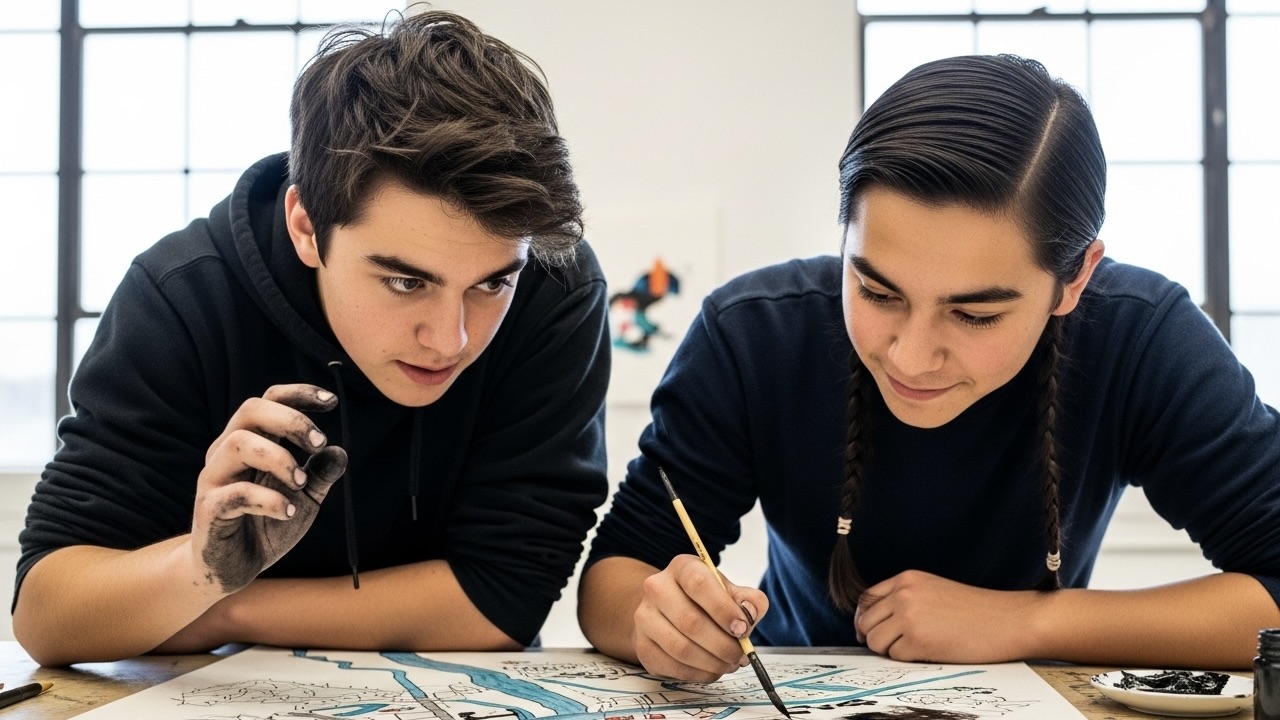
Launched in late 2021, the Winnipeg-based @1860 arts collective has worked with a number of successful community arts, culture and digital research initiatives. Supported by various grants, programs and partnerships, including ArcticNet, the Minneapolis College of Art and Design, University of Victoria and Université Laval, the Kivalliq Chamber of Commerce and many others. Seeded with funding from the Canada Council for the Arts Digital Greenhouse and the Manitoba Arts Council’s Indigenous 360 programs, @1860 aimed to support a resilient and diverse post-pandemic arts community, promoting collaboration with new technologies and access to formal and informal learning environments.
Serving as a pilot digital arts and cultural entrepreneurship program, @1860 as it is often called, focuses primarily on supporting Indigenous artists from Northwestern Ontario, Nunavut, and Manitoba. The project provides training in digital technologies, aiming to incubate opportunities for sustainable self-employment within the arts sector.
The original idea for this experimental digital arts and cultural entrepreneurship pilot project was to design, develop and test a hybrid urban and land-based arts and culture training program for next-generation Indigenous talent; and with the goal to incubate opportunities for sustainable self-employment. Its primary objective was to build on proven arts and youth media training and cultural entrepreneurship research to foster new arts industry employment through a careful balance of traditional knowledge, science and modern technologies.
As one of the first initiatives funded by the Canada Council for the Arts Digital Greenhouse program, the project’s pilot phase was free to explore the role of digital technologies in arts and community-based, participatory research and as a tool for arts-sector organizational and economic development. With a commitment to the Sustainable Development Goals, the project aimed to address issues such as poverty reduction, food insecurity, climate change adaptation, inclusion in northern research, gender equality, and social justice through participatory arts and community-driven programming.

The program’s efforts continue to grow.
These new, strategic digital arts and innovation programs supported the group’s ability to develop sector-wide and cross-sector collaborations, partnerships, and networks to address challenges faced by urban and newly-urban Indigenous emerging artists, particularly during the Covid-19 pandemic. Working in small, distributed teams similar to a cluster or “hub” approach, its projects were able to explore new creative methods, tools and sectoral approaches aimed at increasing digital and data literacy while supporting ongoing digital transformation of their program to better participate in arts sector activities.
Each season brings a different focus. As it begins the transition from being a grassroots pilot program established during the pandemic, into a sustainable non-profit organization standing on its own, the team is keen to prioritize organizational development and capacity building. This year the youth, artists and researchers will be exploring the use of new technologies, such as generative artificial intelligence to support overcoming data, reporting and communications capacity challenges, identified as being issues faced by many organizations. There are also plans to build on last semester’s areas of study, which included biophilic and experiential design methodologies, data visualization and storytelling and superalignment — where AI algorithms are employed to optimize organizational processes and decision-making, to enhance productivity and innovation.
Starting in April, 2024 members of the team will focus on establishing a supportive network, connecting participants with mentors and expert researchers (HQPs) in the agriculture and food security sectors, creating enhanced opportunities for knowledge sharing and skill development. Information gained from these consultation and engagement activities can be used to help assess the effectiveness of entrepreneurship training programs tailored to the unique needs of Northern Indigenous communities with involvement from Nutrition North Canada suppliers. It aims to Identify areas where regulatory changes or policy support could be enhanced.
Intellectual Property Protection and Indigenous Cultural Expressions (ICEs) will be a major focus in the spring and summer of 2024. This will support the group’s ongoing study of AI systems. With an increasingly pervasive presence in society, from facial recognition on phones to complex data analysis these systems rely on organized data and suitable algorithms, learning through training processes. Many northern organizations struggle with data collection, measurement and most other forms of reporting. This year we want to explore how these tools can help organizations work better and become more viable and sustainable.
Another upcoming project will see a new Kivalliq Chamber of Commerce web site and Marketplace in partnership with the Manitoba-based non-profit organization Art Borups Corners. With funding from Manitoba Agriculture and the Sustainable Canadian Agriculture Partnership, youth artists and community researchers are exploring marketplace development and northern food insecurity.
Programs that support the arts, digital technologies and capacity building
The @1860 Arts Incubator was made possible with funding and support with strategic innovation funding from the Canada Council for the Arts Digital Greenhouse and the Manitoba Arts Council Indigenous 360 Program.
To learn more about these programs, visit their web sites. The program officers are friendly, always helpful and there are many informational sessions or workshops to learn more about the application process and eligibility criteria. Engaging with other Indigenous artists and Knowledge Keepers can also offer valuable perspectives and advice. Don’t hesitate to ask questions and seek support from these networks to better understand how these programs can support your artistic and cultural skills development.
Indigenous 360
The Manitoba Arts Council Indigenous 360 program supports artistic and cultural activities by Indigenous applicants, including artists, Knowledge Keepers, Indigenous-led arts groups, and Indigenous-led organizations. Eligible activities include the creation of new artworks or works in progress, public presentations such as productions, performances, exhibitions, concerts, readings, etc., community projects involving Indigenous artists such as workshops, artistic collaborations, and gathering events, publications, as well as training, apprenticeships, and mentorship opportunities.

Digital Greenhouse
The Digital Greenhouse is a digital innovation initiative for Canadian individuals, groups and organizations. It supports short-term projects that leverage digital technology to address sectoral and digital challenges, including:
- the development of new digital tools and solutions that increase the resilience, sustainability, and discoverability of the arts sector
- the development of sector-wide and cross-sector collaborations, partnerships, and networks to support innovative digital business models, revenue models and monetization strategies
- sectoral approaches aimed at strategically increasing the digital/data literacy and ongoing digital transformation of the arts sector
- addressing challenges and exploring digital solutions related to accessibility, equity, diversity, decolonization, social justice, and climate responsibility created by, or relevant to, the digital world
- addressing challenges and exploring solutions related to the lack of access to digital infrastructure for remote regions and Northern and under-represented communities.







